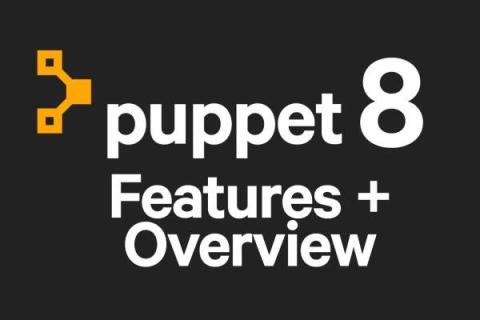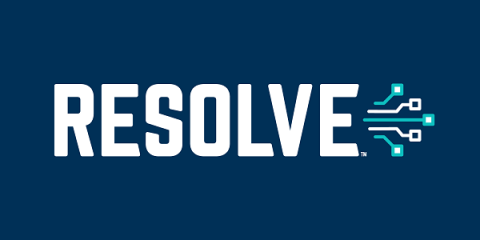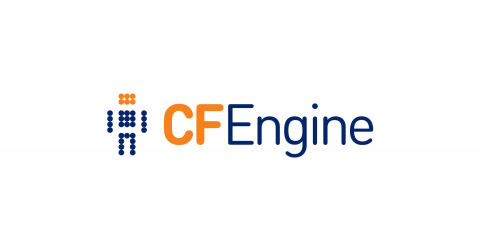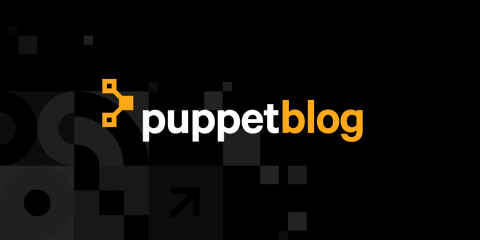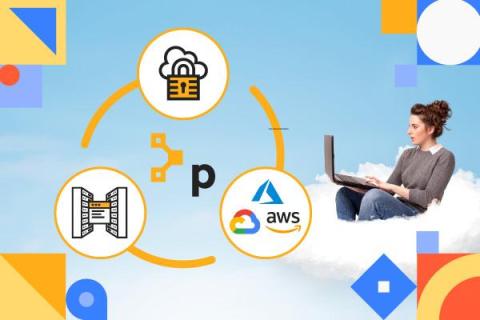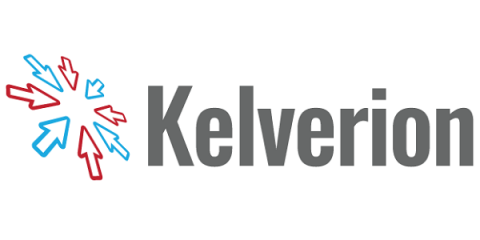Windows Automation: Comparing Methods & Tools for Automating Windows Infrastructure
Finding the right automation tool for Windows environments can be frustrating. Legacy systems, a GUI-centric design, and proprietary tooling are a few of the reasons automating Windows infrastructure can be challenging – especially in environments where Windows isn’t the only OS. Many organizations struggle to choose tools that will let them automate Windows infrastructure without contributing to tool sprawl.



